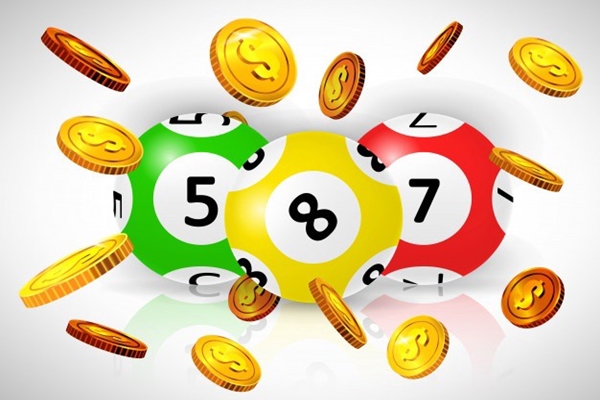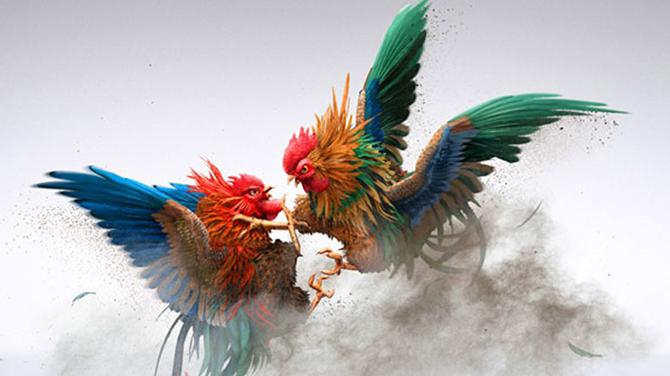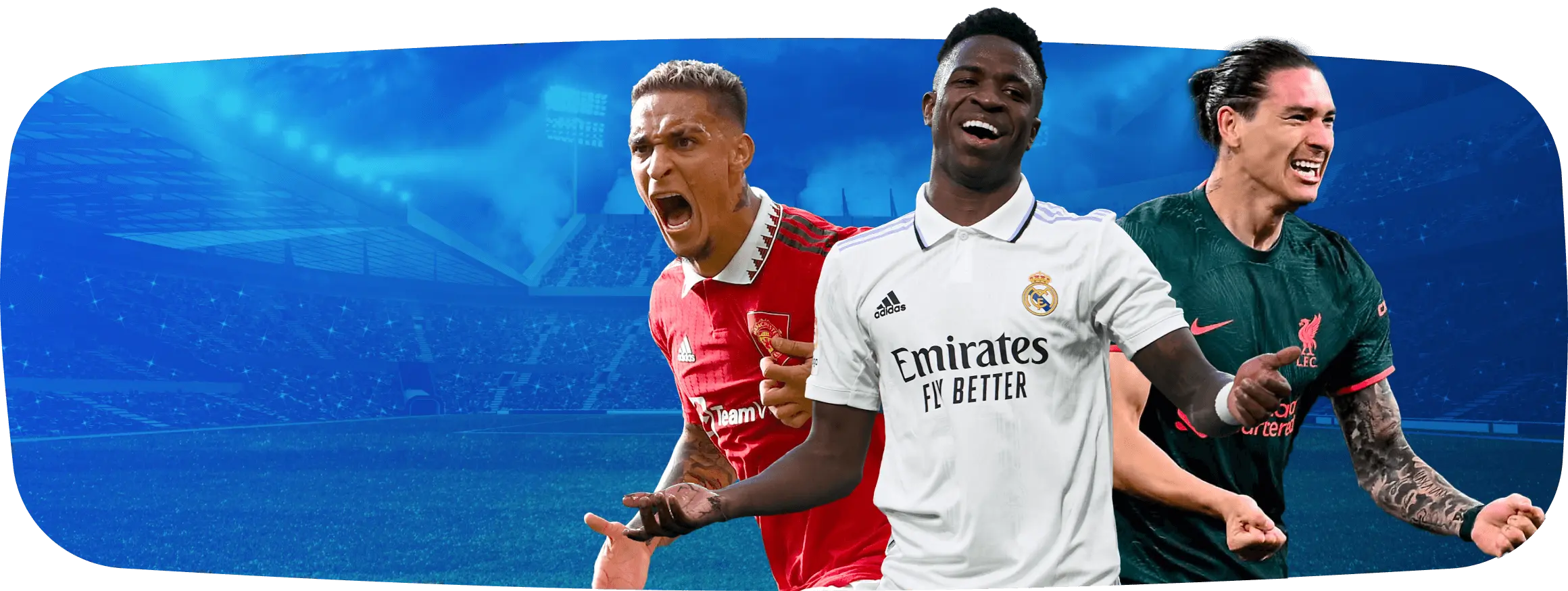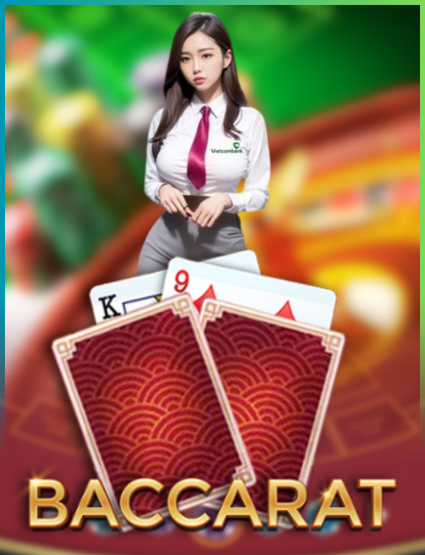CỔNG GAME ĐA DẠNG
ZBET – Trang Chủ Vào Nhà Cái Uy Tín Số 1 Việt Nam
Zbet – Sỡ hữu kho trò chơi đồ sộ đến từ nhiều nhà cung ứng game hàng đầu hiện nay. Từ các trò chơi Thể thao, Casino đến Game bài, Bắn Cá,… luôn đem đên cho anh em những trải nghiệm tuyệt vời nhất. Với nhiều ưu điểm nổi trội, Zbet được bình chọn là nhà cái uy tín nhất năm 2024. Chúng tôi luôn mong muốn tất cả người chơi có được trải nghiệm tuyệt vời nhất khi tham gia.
Zbet – Khởi Đầu Hoàn Hảo Để Chốt Lời Khủng Từ Cá Cược
Với lợi thế ra mắt nhiều năm và sở hữu mạng lưới cá cược phát triển mạnh mẽ khắp châu Âu – châu Á, Zbet đã nhanh chóng thu hút hàng triệu bet thủ tham gia. Tại đây, người chơi sẽ được trải nghiệm kho game đẳng cấp với tỷ lệ hoàn trả cực cao để đến gần với đam mê đổi đời. Nhà cái cũng đưa ra các chính sách hỗ trợ hiệu quả giúp anh em kiếm thưởng tốt hơn. Chúng ta hãy tìm hiểu thêm thông tin qua chia sẻ sau.
Giới thiệu một vài thông tin tổng quan về Zbet
Thành lập năm 2010 nhưng nhà cái chỉ mới bắt đầu hoạt động tại thị trường cá cược Việt Nam từ 2017. Tuy nhiên đây là quãng thời gian đủ dài để hệ thống khẳng định vị thế và tạo dựng chỗ đứng vững chắc trong cộng đồng bet thủ. Chỉ cần click vào website, anh em sẽ được thử sức với hàng loạt trò chơi Thể thao, Casino, Lô đề, Slot, Bắn cá,… đặc sắc để nhận chiết khấu khủng không giới hạn.
Zbet cũng dành nhiều ưu ái cho hội viên khi thường xuyên đưa ra các phúc lợi tốt cùng cơ hội chia % doanh thu miễn phí. Người chơi chỉ cần chăm chỉ đăng nhập tài khoản, nạp vốn và đặt cược có thể thỏa sức gia tăng thu nhập cá nhân. Trong quá trình trải nghiệm, chúng ta cũng nhận được sự hỗ trợ tuyệt vời từ bộ phận CSKH để luôn cảm thấy hài lòng nhất.
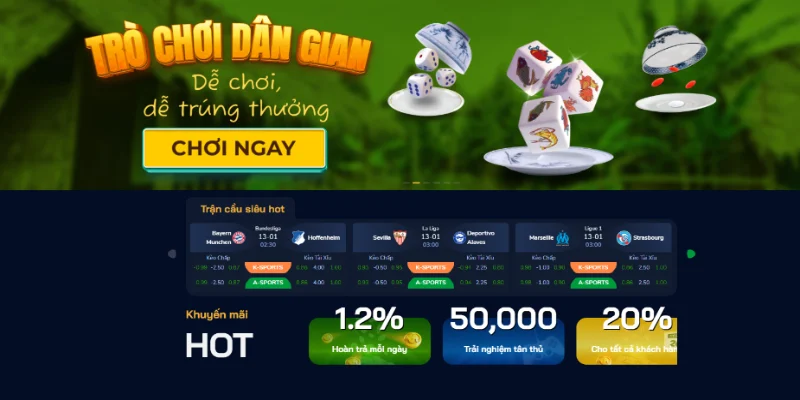
Cá cược tại Zbet có thực sự an toàn không?
Điều mọi người chơi quan tâm khi tham gia nhà cái trực tuyến là sự an toàn, minh bạch. Bởi vì anh em sẽ phải sử dụng nguồn vốn cá nhân để tham cá cược cũng như cung cấp thông tin cá nhân duy trì tài khoản. Đó là lý do ngày càng có nhiều bet thủ lựa chọn hệ thống để gửi gắm đam mê bởi vì:
Các dịch vụ Zbet cung cấp hoàn toàn hợp pháp
Ngay từ những ngày đầu chào sân làng giải trí châu Á, website đã sở hữu đầy đủ giấy tờ kinh doanh hợp lệ từ Isle of Man. Đây là một trong các tổ chức quản lý cờ bạc uy tín nhất hiện nay, bên cạnh PAGCOR, Curacao hay Malta,… Mỗi một dịch vụ cá cược tại trang chủ đều phải đảm bảo minh bạch, không phát sinh hành vi gian lận, trục lợi. Và người chơi luôn có căn cứ pháp lý vững chắc để bảo vệ lợi ích của mình.
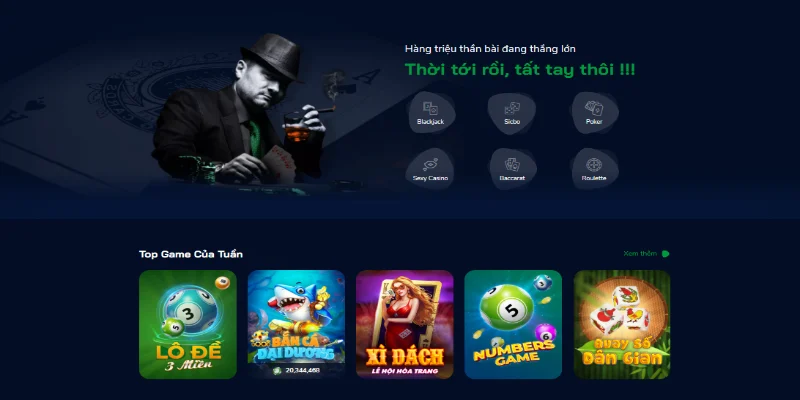
Đưa ra đầy đủ thông tin liên hệ chi tiết
Mọi thông tin liên quan đến Zbet khách hàng có thể dễ dàng tìm thấy trên trang chủ chính thức. Bao gồm trụ sở chính, giấy phép hoạt động, thông tin liên hệ,…. Qua đó giúp anh em luôn yên tâm rằng mình đang đầu tư vào sân chơi uy tín, tránh được mọi rủi ro về giả mạo, lừa đảo.
CSKH hoạt động 24/7 để hỗ trợ cá cược cho hội viên
Chỉ những địa chỉ cá cược uy tín rõ ràng như Zbet mới thiết lập nhiều kênh CSKH khác nhau để hỗ trợ người chơi. Bởi vì hệ thống luôn đặt sự hài lòng và chất lượng trải nghiệm của anh em lên hàng đầu. Chúng ta không lo khi xảy ra sai sót, nhầm lẫn trong quá trình cá cược sẽ ảnh hưởng đến lợi ích cá nhân.
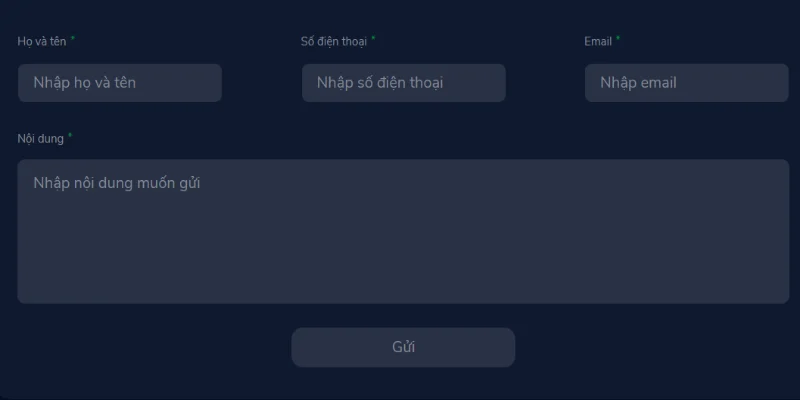
Dùng công nghệ Blockchain kiểm soát kết quả đặt cược
Zbet cũng là một trong những đơn vị đi đầu trong việc áp dụng công nghệ Blockchain để minh bạch quá trình cá cược. Không ai có thể thay đổi kết quả trả thưởng từ Dealer thật hoặc thuật toán ngẫu nhiên, kể cả nhà cái. Nếu người chơi dùng tool hack sẽ bị phát hiện và khóa tài khoản ngay. Anh em luôn được tận hưởng môi trường giải trí an toàn để nhận thưởng đúng với khả năng.
Được trả thưởng đầy đủ
Đã lựa chọn Zbet khách hàng không còn phải bận tâm về vấn đề bị quỵt thưởng hay nợ đọng. Hệ thống cam kết chi trả đầy đủ giá trị vé cược thắng và các khoản chiết khấu khi người chơi tham gia ưu đãi. Chỉ cần đáp ứng các yêu cầu cơ bản nhà cái sẽ thanh toán ngay vào ví game của hội viên.
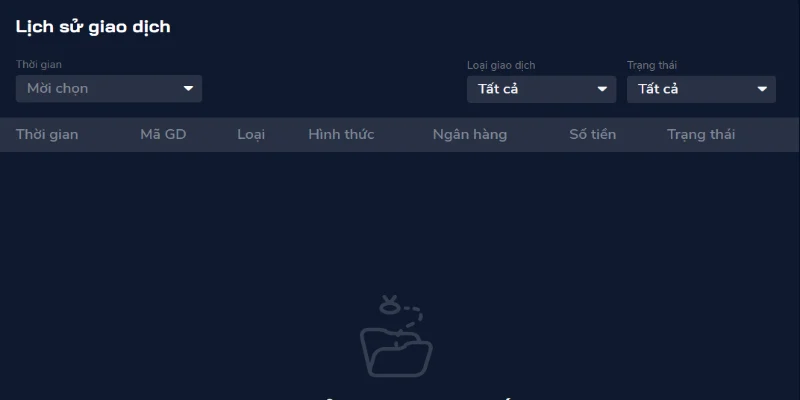
Ưu điểm khi trải nghiệm tại Zbet
Không phải ngẫu nhiên nhiều bet thủ gắn bó lâu dài với nhà cái trước hàng ngàn lời mời gọi hấp dẫn khác trên thị trường. Đảm bảo chỉ cần thử sức với các dịch vụ của hệ thống, anh em sẽ nhanh chóng bị mê mẩn ngay vì những lý do sau:
- Ra mắt nhiều trò chơi đặc sắc với chất lượng đã qua kiểm duyệt kỹ lưỡng, đảm bảo không dính virus, mã độc khi truy cập.
- Có thể trải nghiệm nhiều phiên bản cá cược hấp dẫn từ các NPH uy tín top 1 thị trường như VIVO, EVO, BBIN, JDB,… hoàn toàn miễn phí.
- Cung cấp dịch vụ cá cược đa nền tảng hỗ trợ người chơi tham gia giải trí mọi lúc mọi nơi một cách dễ dàng. Anh em chỉ cần tải Zbet sẽ thỏa sức khám phá nhiều điều bất ngờ thú vị.
- Các giao dịch nạp/rút tiền được xử lý và hoàn tất nhanh chóng, ít khi phát sinh sai sót.
- Có hệ thống bảo mật thông tin tối tân bằng công nghệ SSL 128 bit mới nhất giúp mọi hoạt động của khách hàng luôn diễn ra an toàn.
- Cung cấp tỷ lệ cược đa dạng với mức chiết khấu cao, khả năng chốt thắng lớn.
- Rất nhiều trò chơi không giới hạn mức hoàn trả tối đa nên mở ra vô số cơ hội ẵm thưởng khủng.
- Tổ chức nhiều chương trình hoàn trả hấp dẫn cho các hạng thành viên khác nhau tham gia để tăng thêm cơ hội nhận thưởng miễn phí.
- Được cung cấp nhiều chính sách và phúc lợi tốt để phát triển lâu dài.
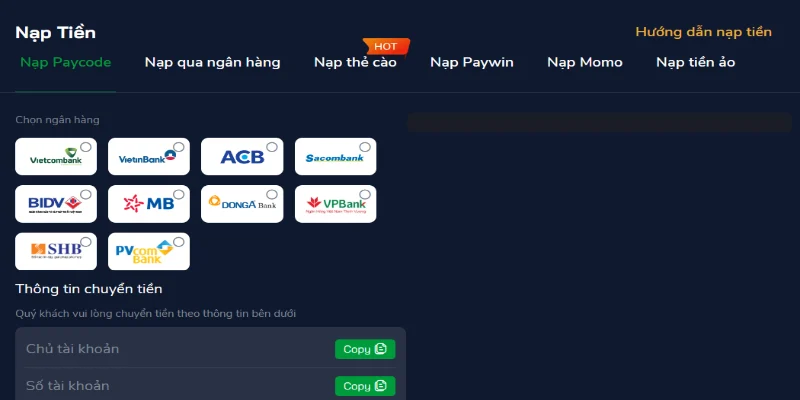
Top 7 game cược hot phải thử ngay tai Zbet
Nhà cái đang mang đến thiên đường giải trí thực thụ cho những ai đam mê cá cược đổi thưởng. Không thiếu gợi ý hay ho hứa hẹn bùng nổ nhiều cuộc vui mãn nhãn đang chờ đợi anh em phía trước. Chúng ta nhất định phải trải nghiệm hết các dòng game hot cực ăn khách sau đây:
Thể thao
Chuyên mục Thể thao sẽ cung cấp tới bet thủ đầy đủ game truyền thống, trò chơi ảo 3D và Esport. Qua đó giúp khách hàng tận hưởng trọn vẹn nhất đam mê cá độ. Rất nhiều sự kiện hot trong ngày được tổ chức thành các bảng đấu đặc sắc để anh em thoải mái chốt kèo hay không giới hạn. Đặc biệt chúng ta có thể chốt kèo xiên để x2 x3 tiền thưởng nhận về tay nhanh chóng.
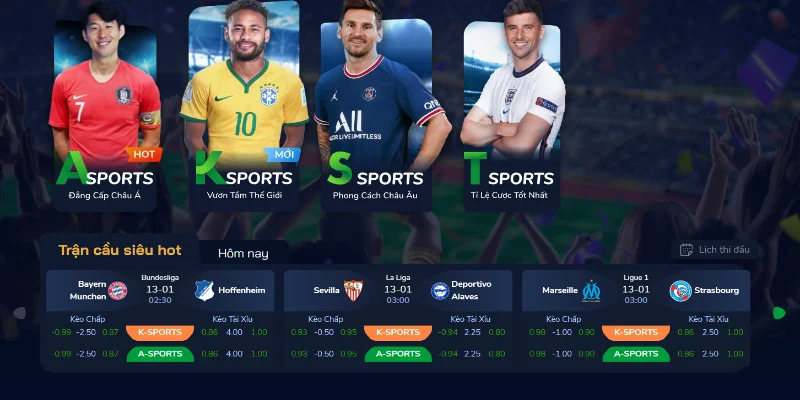
Live Casino
Zbet cũng rất thành công với các trò đánh bạc trực tuyến. Ngoài Xóc đĩa, Rồng hổ, Tài xỉu, Baccarat,… đang làm mưa gió trên thị trường thì game truyền hình cũng là gợi ý giải trí mới mẻ đáng thử. Tỷ lệ hoàn trả hấp dẫn tại đây sẽ giúp số dư trong ví game của anh em đầy lên trong thời gian ngắn. Bởi vì chúng ta sẽ được dàn Dealer hỗ trợ nhiệt tình để luôn chốt nhiều kèo hay dễ thắng lớn.
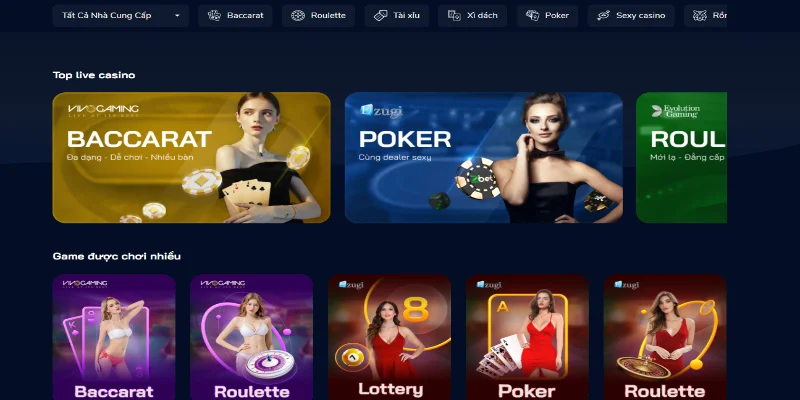
Game bài
Không thể thiếu game bài để tạo nên những trải nghiệm cá cược đáng nhớ tại Zbet. Tiến lên, Tài xỉu, Poker, Phỏm, Trên dưới, Xì tố, Liêng, Bầu cua,… có rất nhiều bàn đấu hack não đang chờ bet thủ thử sức. Tiền thưởng thắng sẽ tăng lên chóng mặt khi các thành viên trong bàn tích cực tố thêm. Anh em dễ dàng kiếm được tiền triệu nhẹ nhàng sau mỗi lượt chơi.

Quick games
Quick games Zbet sẽ tập hợp các trò chơi giải trí nhanh để bet thủ xả stress sau những phút giây đặt cược hack não. Chúng ta có thể chốt số vui cùng game Keno và nhận thưởng ngay chỉ sau vài phút. Đây là gợi ý hiệu quả giúp anh em tận dụng mọi cơ hội làm giàu cùng hệ thống.
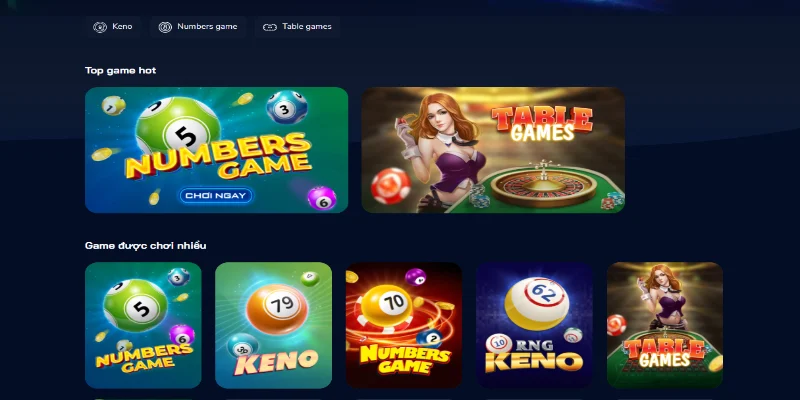
Lô đề
Lô đề Zbet là chuyên mục dành riêng cho những con nghiện soi cầu xổ đích thực. Tại đây, người dùng thỏa sức đánh nhiều bạch thủ đẹp không giới hạn để ẵm chiết khấu khủng gấp hàng nghìn lần tiền vốn bỏ vào. Ngoài cách chơi truyền thống theo kết quả từ nhà đài thì cược siêu tốc trả số ngẫu nhiên cũng rất thú vị. Chúng ta dễ dàng kiếm thưởng nhanh hơn vì mỗi lượt xổ chỉ tính theo giây, phút.
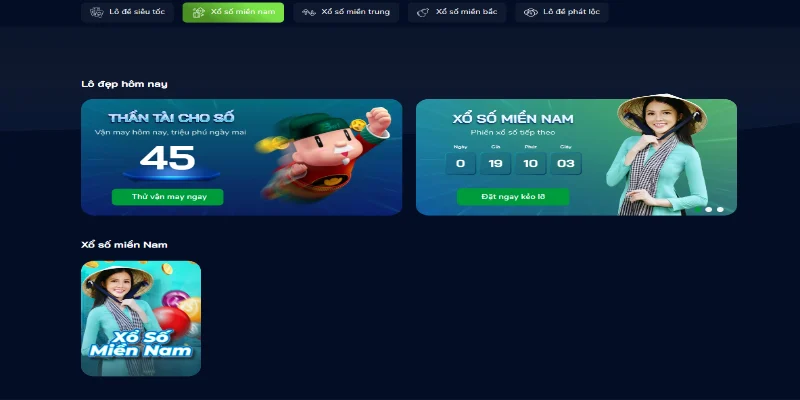
Nổ hũ
Cược Slot tại Zbet cũng mang tới hội viên cơ hội về bờ an toàn. Các trò chơi được nhà cái trang bị mức nhân cược khủng và số lượng dòng thắng lớn. Không khó để anh em quay trúng payline hợp lệ giúp nhận về tay chiết khấu hấp dẫn. Nhà cái còn không giới hạn số điểm tích lũy nên chỉ cần chúng ta biết cách quay hiệu quả dễ dàng kiếm hàng chục triệu đồng cho mỗi lượt cược.
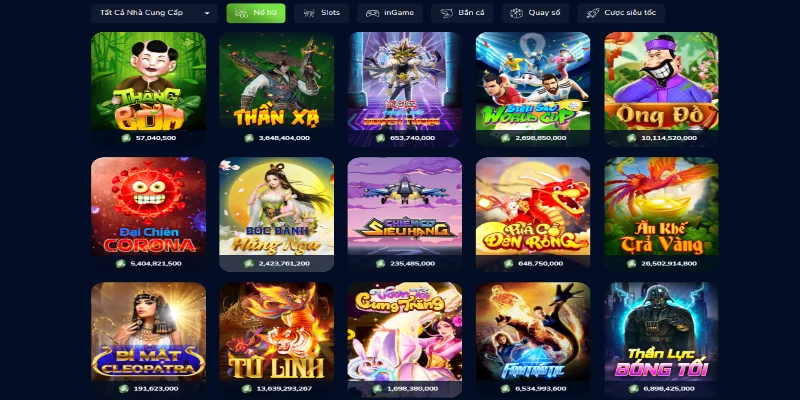
Bắn cá
Bắn cá luôn là điểm nhấn giúp kho game của Zbet luôn nổi bật. Việc kết hợp thành công với các NPH uy tín giúp hệ thống sở hữu nhiều bom tấn hot ăn khách nhất hiện nay như:
- Vua săn cá
- Bắn cá phát tài
- Đại chiến Thái Bình Dương
- Bắn cá đại dương
- Bắn cá may mắn
- Bắn cá Oneshot
- Bắn cá thiên đường
Trong mỗi game Bắn cá Zbet còn cho phép anh em thử sức với nhiều chế độ chơi khác nhau. Chúng ta cũng được “rửa mắt” với dàn sinh vật biển mới lạ cùng kho vật phẩm hấp dẫn không trùng lặp qua từng màn. Đặc biệt, nếu chọn bàn cao thủ, khách hàng có thể mở khóa thêm nhiều tính năng giải trí đặc sắc độc quyền thú vị.
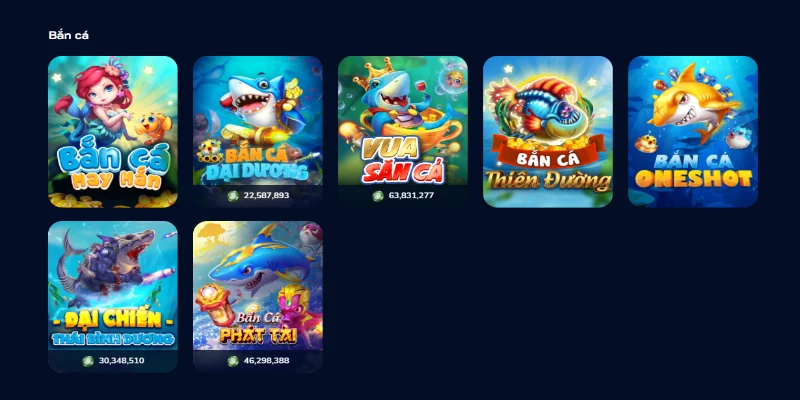
Săn khuyến mãi khủng cùng Zbet
Muốn kiếm tiền nhanh từ nhà cái bet thủ không nên bỏ lỡ cơ hội tham gia nhận ưu đãi. Trên trang chủ đang tổ chức vô số chương trình đặc sắc với mức hoàn trả cao đáng để anh em bỏ thời gian tham gia như sau:
- Thưởng 100% cho lần nạp tiền đầu tiên vào hệ thống tối đa lên đến 20.000.000 VNĐ.
- Nạp tiền tại các sảnh cược Thể thao vào thứ 7 hàng tuần để nhận về tay khoản chiết khấu 20% tối đa 5.000.000 VND.
- Zbet hoàn trả tới 11% khi đặt cược vào sảnh Slot, Bắn cá cho hội viên tích lũy đủ mức doanh thu theo yêu cầu.
- Hoàn trả 1.2% doanh thu cược Thể thao, Thể thao ảo, Keno, Number Game mỗi ngày không giới hạn mức tối đa và vòng cược hợp lệ để rút thưởng.
- Tặng ngay 50.000 VNĐ cho tất cả khách hàng nạp tiền lần đầu tiên tại các trò chơi Bắn cá săn hũ, Đại chiến Thái Bình Dương và Slots. Sau 1 vòng cược hợp lệ có thể thoải mái rút thưởng về tài khoản.

Hướng dẫn cách lấy link vào Zbet
Nếu yêu thích cá cược qua bản web, chắc chắn người chơi phải truy cập link tải chính thức mới có thể đăng nhập tài khoản thành công. Để lấy đường dẫn vào trang chủ an toàn, hạn chế tối đa rủi ro bị lừa đảo do giả mạo, chúng ta sẽ làm như sau:
- Lưu link dẫn phụ được cung cấp sẵn và copy vào phần tìm kiếm của trình duyệt web để được chuyển hướng tới trang cá cược.
- Tham gia các fanpage độc quyền qua Telegram, Facebook sẽ được cập nhật liên tục link vào Zbet mới nhất.
- Liên hệ với CSKH qua hotline hoặc gửi email. Nhân viên sẽ cung cấp cho anh em link tải an toàn, đã fix lỗi chặn truy cập để không làm gián đoạn quá trình cá cược.
- Vào trang đại lý lấy link tải an toàn. Khách hàng cần tìm hiểu kỹ để tránh vào nhầm website đối tác giả mạo dẫn tới truy cập sai dễ dính virus, mã độc làm hư hại thiết bị.
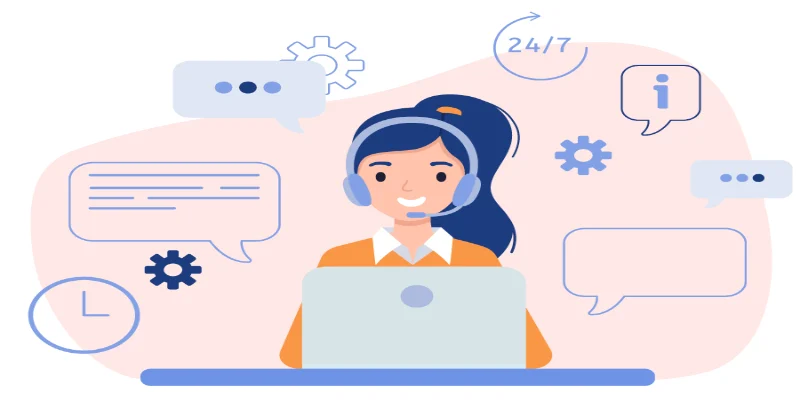
Đánh giá của khách hàng về Zbet
Những người mới muốn tìm hiểu về hệ thống nên tham khảo review từ hội viên đã trải nghiệm trước đó. Qua đó mang đến chúng ta cảm nhận khách quan nhất để thực sự có được cuộc vui mãn nhãn, đáp ứng tốt nhu cầu giải trí. Sau đây là tổng hợp một vài ý kiến của khách hàng như sau:
| Hoang Nam
(21 tuổi) |
Đỗ Khang
(36 tuổi) |
Đức Nguyễn
(19 tuổi) |
Tran Truong
(28 tuổi) |
| Nhà cái cung cấp dịch vụ cá cược khá chuyên nghiệp, trả thưởng nhanh, không có tình trạng nợ đọng hay thanh toán chậm. | Tôi khá hài lòng về chất lượng game của Zbet. Hệ thống cũng đưa ra không ít ưu đãi hoàn trả hấp dẫn. | Chi phí để chơi game trên website khá thấp, App tải nhanh. Vào giờ cao điểm không xuất hiện trang bị out giữa chừng hoặc gián đoạn. | Tôi đã nhận thưởng đầy đủ từ Zbet. Nhà cái còn thường xuyên nhắc nhở đổi mật khẩu và hỗ trợ tốt các vấn đề liên quan tới cá cược. |

Lời kết
Trên đây là tổng hợp thông tin về nhà cái Zbet gửi tới người chơi. Đây sẽ là gợi ý tuyệt vời giúp anh em có được trải nghiệm đáng nhớ về cá cược đổi thưởng. Chúng ta hãy cân nhắc tham gia ngay để sớm ẵm thưởng lớn đầy túi.





